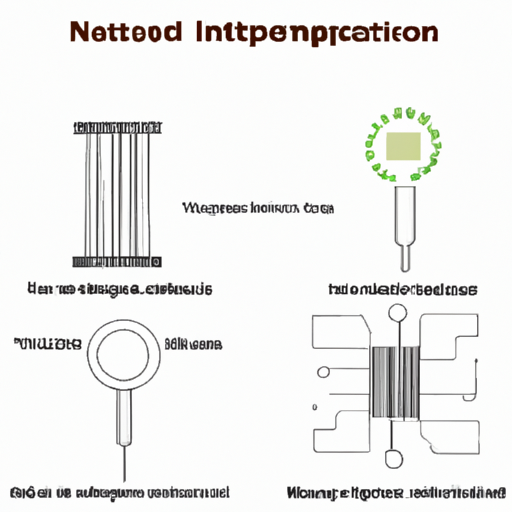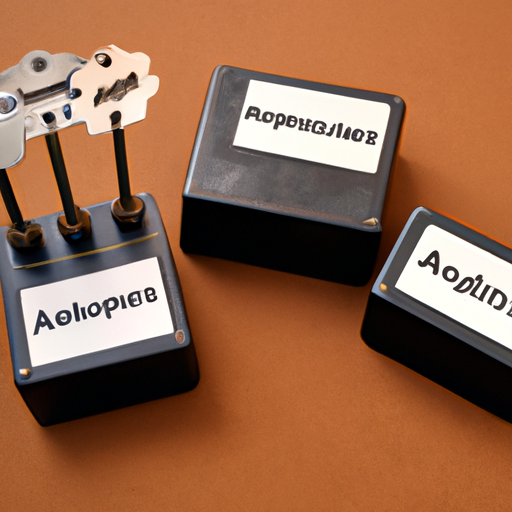
Application Development in NTC Thermistors for IRF510: Key Technologies and Success StoriesNTC (Negative Temperature Coefficient) thermistors are essential components in temperature sensing and control applications. Their ability to decrease resistance with increasing temperature makes them ideal for various electronic applications, particularly when integrated with power devices like the IRF510, a widely used N-channel MOSFET. This document explores the key technologies and success stories associated with the application development of NTC thermistors in conjunction with the IRF510.
Key Technologies1. Temperature Sensing and Compensation2. Closed-Loop Control Systems3. Overtemperature Protection4. Smart Home and IoT Applications5. Automotive Applications1. Consumer Electronics2. Renewable Energy Systems3. Industrial Automation4. Medical Devices Success Stories ConclusionThe integration of NTC thermistors with IRF510 MOSFETs has demonstrated significant benefits across various industries, including enhanced thermal management, improved efficiency, and increased safety in electronic systems. As technology continues to advance, the synergy between these components will likely play a pivotal role in the development of innovative applications in consumer electronics, automotive systems, renewable energy, and beyond. The ongoing evolution of smart technologies and IoT applications will further drive the demand for reliable temperature sensing and control solutions, solidifying the importance of NTC thermistors in modern electronic design.

Application Development in Power Driver Modules for ECS-F1VE685K: Key Technologies and Success StoriesDeveloping applications for Power Driver Modules (PDMs) such as the ECS-F1VE685K requires a deep understanding of various technologies and methodologies to ensure optimal performance, reliability, and scalability. Below is an overview of key technologies and notable success stories in this domain.
Key Technologies1. Integrated Circuit Design2. Thermal Management3. Control Algorithms4. Simulation and Modeling5. Embedded Systems6. Communication Protocols7. Safety and Reliability Standards1. Electric Vehicle (EV) Applications2. Renewable Energy Systems3. Industrial Automation4. Consumer Electronics5. Smart Grid Solutions Success Stories ConclusionThe development of applications for Power Driver Modules like the ECS-F1VE685K involves a combination of advanced technologies, rigorous testing, and adherence to safety standards. The success stories across various industries underscore the versatility and effectiveness of these modules in enhancing performance, efficiency, and reliability in power management systems. As technology continues to evolve, the role of PDMs in driving innovation in electric vehicles, renewable energy, and industrial automation is expected to expand further, paving the way for more sustainable and efficient solutions.